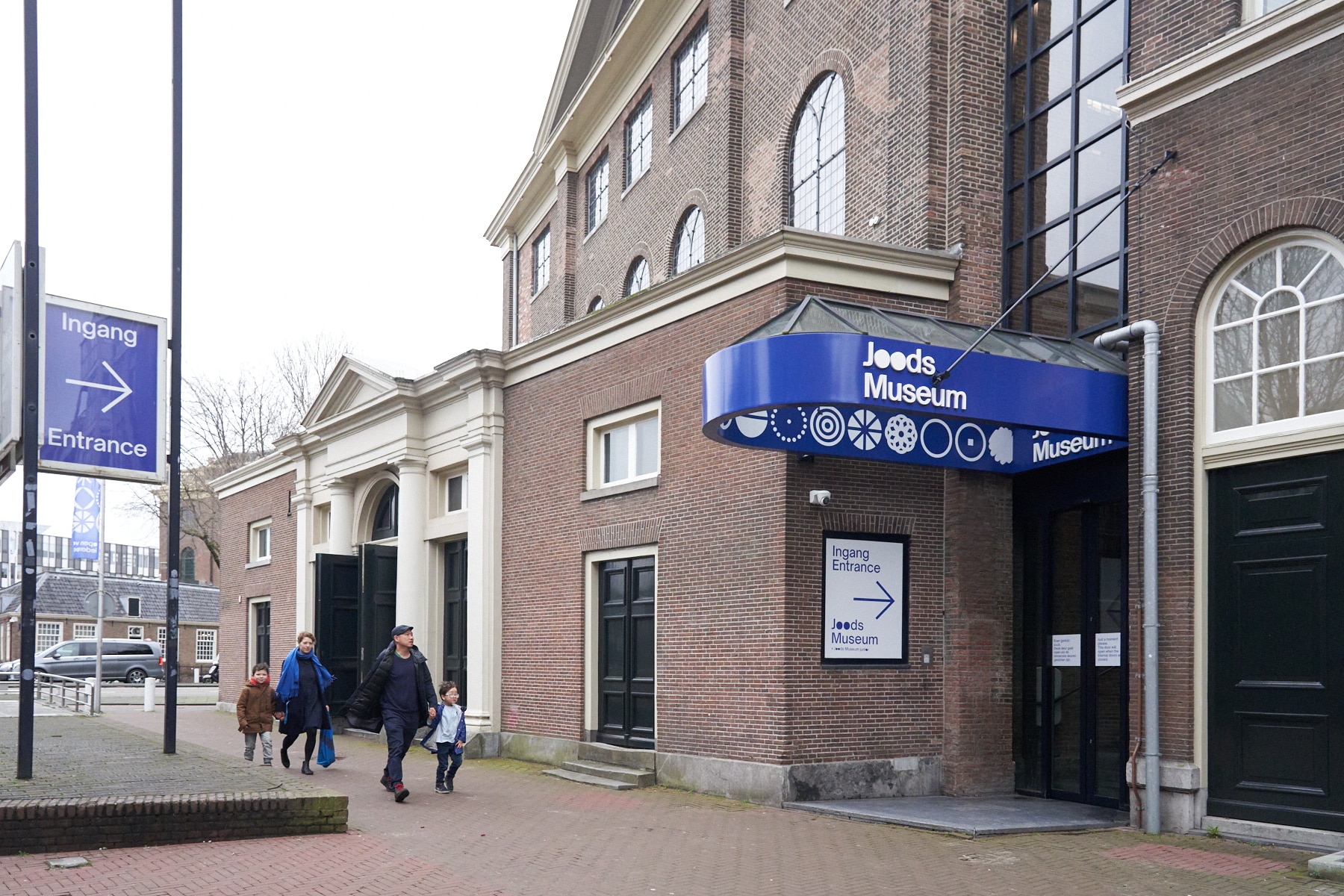 Conference
Conference
Annual Conference 2024 in Amsterdam
From Crisis to Creativity: Resilience and Renewal in Jewish Museums This year’s conference, hosted by the Jewish Cultural Quarter Amsterdam, will…
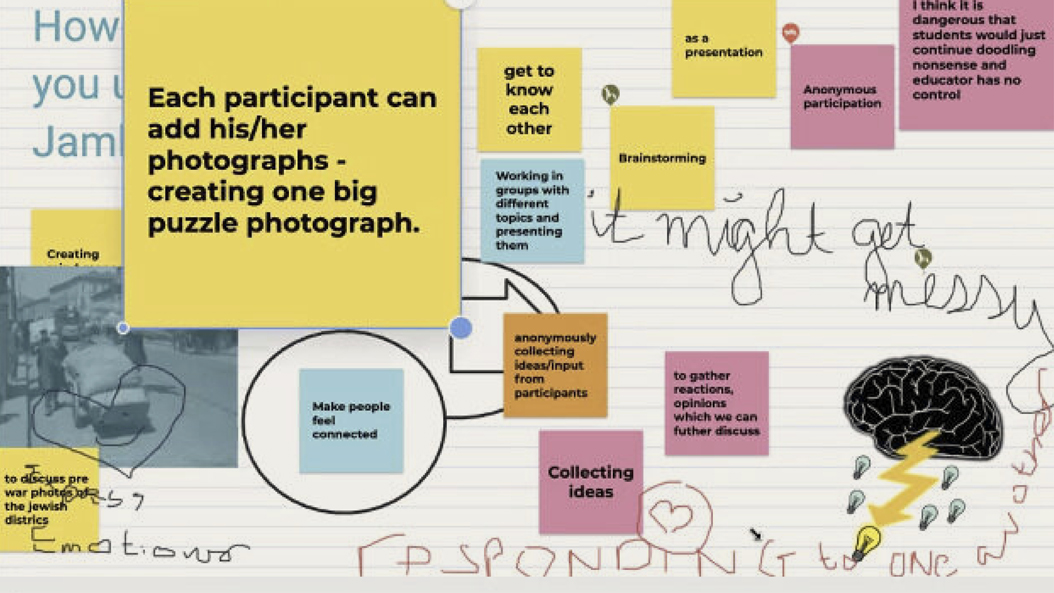
ANOHA. The Children’s World of the Jewish Museum Berlin
July 13, 14:00-15:30 CET
Get a sneak peak of the brand new ANOHA Children’s World in Berlin! Learn about the concept and development process of the children’s museum, and the participatory work with the Children’s Advisory Council. With Dr. Ane Kleine-Engel, Head of ANOHA. More information will be available soon.
Evaluation of Online Museum Activities
June 29, 14:00-16:00 CET
Workshop by Malgorzata Zajac and Katarzyna Lewandowska
School workshops, debates, guided tours, culinary workshops … How can we measure their effectiveness? Is it simple or is it complicated? What methodologies are available? How can you apply the findings?
Join our dedicated MEST workshop to learn about effective techniques of evaluating online museum activities. You will learn what information can be obtained with or without a user email database. You will find that online event evaluation is not difficult at all, and can provide extremely useful feedback. The workshop will be facilitated by Małgorzata Zając and Katarzyna Lewandowska, both responsible for research and evaluation at the POLIN Museum of the History of Polish Jews in Warsaw (PL).
The Art of Slowing Down: Thinking Routines to Explore Objects, Art and Artefacts
June 1-8-15, 14:00-16:00 CET
Course by Tali Krikler
Developed and designed at Project Zero, Harvard, Visible Thinking is a broad and flexible framework for enriching learning. Central to Visible Thinking are Thinking Routines: practices that help to make thinking visible. Visible Thinking aims to provoke and challenge perceptions acting as catalysts to deeper conversations and thinking, encouraging and promoting curiosity.
Each 1 hour 30 minute live session Tali Krikler (UK) will introduce the group to two new thinking routines. Together, we will explore objects, art, artefacts and ephemera held in participants’ Museum and Heritage collections using thinking routines to scaffold our investigation. A toolkit including background reading and Thinking Routines will be available for participants to use in their own organisations.
Tools for Online Learning
May 25, 14:00-16:00 CET
Workshop with Maciek Zabierowski
During this interactive workshop with Maciek Zabierowski (Jewish Museum Oświęcim) participants will learn about online tools for teaching and increasing learner engagement during online educational events. We will focus on when to use each of the tools and then practice the setup and using during educational events. In this workshop we will work with the following online tools: Jamboard, Padlet and Mentimeter.
Online School Programmes II – Secondary Schools
Apr 20, 14:00-16:00 CET
Get to know best practice in online programming for Secondary Schools together with Fran Jeens, Interim Museum Director and former Director of Learning and Engagement at the Jewish Museum London. At the next session on 20 April the Jewish Museum London will share its experience in developing the Virtual Classrooms, the museum’s online learning activities. Fran will present how the JML team researched, developed, and launched the Virtual Classrooms for secondary schools and will give insight into evaluation and challenges of the whole programme. Participants will have the opportunity to experience the programme Keeping Kosher for 12-15 y.o. students.
Online School Programmes I – Primary Schools
Apr 6, 14:00-16:00 CET
Get to know best practice in online programming for primary schools together with Education Specialist Katarzyna Niewczas and Deputy Marketing Manager Malgorzata Zając from POLIN Museum of the History of Polish Jews in Warsaw. Case study Joseph and the Shabbat Fish (7-9y).
After the break participants will have the opportunity to get feedback on practical challenges that they encounter in their works as museum educator at a Jewish museum. In breakout rooms we will work in smaller discussion groups. This part aims at facilitating peer discussion with international colleagues who can draw on their own work experiences.
Designing Online Educational Experiences
Feb 23 & Mar 9, 14:00-16:00 CET
Course by Maciek Zabierowski
With museums worldwide closing their doors as a result of the pandemic, the challenges of educators rapidly changed. Quickly adapting to the new situation was a top priority for the museum community. As last year showed, moving your pedagogical practice from the museum floor to the virtual world poses challenges on many different levels. When your workload is high, when time is limited and when you’re facing a merge of professional and private life, realizing a smooth transition to an online learning environment and reinventing yourself as an online museum pedagogue can be a challenge.
During 2 online live workshop sessions, Maciek Zabierowski, Head of Learning at Auschwitz Jewish Center in Oświęcim (PL) and Learning Designer at the University for Science and Technology in Kraków (PL), takes participants back to the basics of online learning design for museums. In between the sessions there is time for project work.
Upon completion of this short interactive course each participant
Educator’s Coffee Meeting
Feb 9, 14:00-15:00 CET
Programme launch by Eva Koppen
Learn about our MEST activities and meet international colleagues while enjoying an afternoon coffee. Eva Koppen will present AEJM’s upcoming online Winter and Spring programming for educators. Maciek Zabierowski, Head of Learning at Auschwitz Jewish Center in Oświęcim and Learning Designer at the University for Science and Technology in Kraków, will shortly introduce his online course Designing Online Educational Experiences (February/March). Learning and education specialist Tali Krikler, previously Head of Education at Jewish Museum London, will speak about her course Thinking Routines (late Spring). We will finish our coffee with an online networking activity.
 Conference
Conference
From Crisis to Creativity: Resilience and Renewal in Jewish Museums This year’s conference, hosted by the Jewish Cultural Quarter Amsterdam, will…
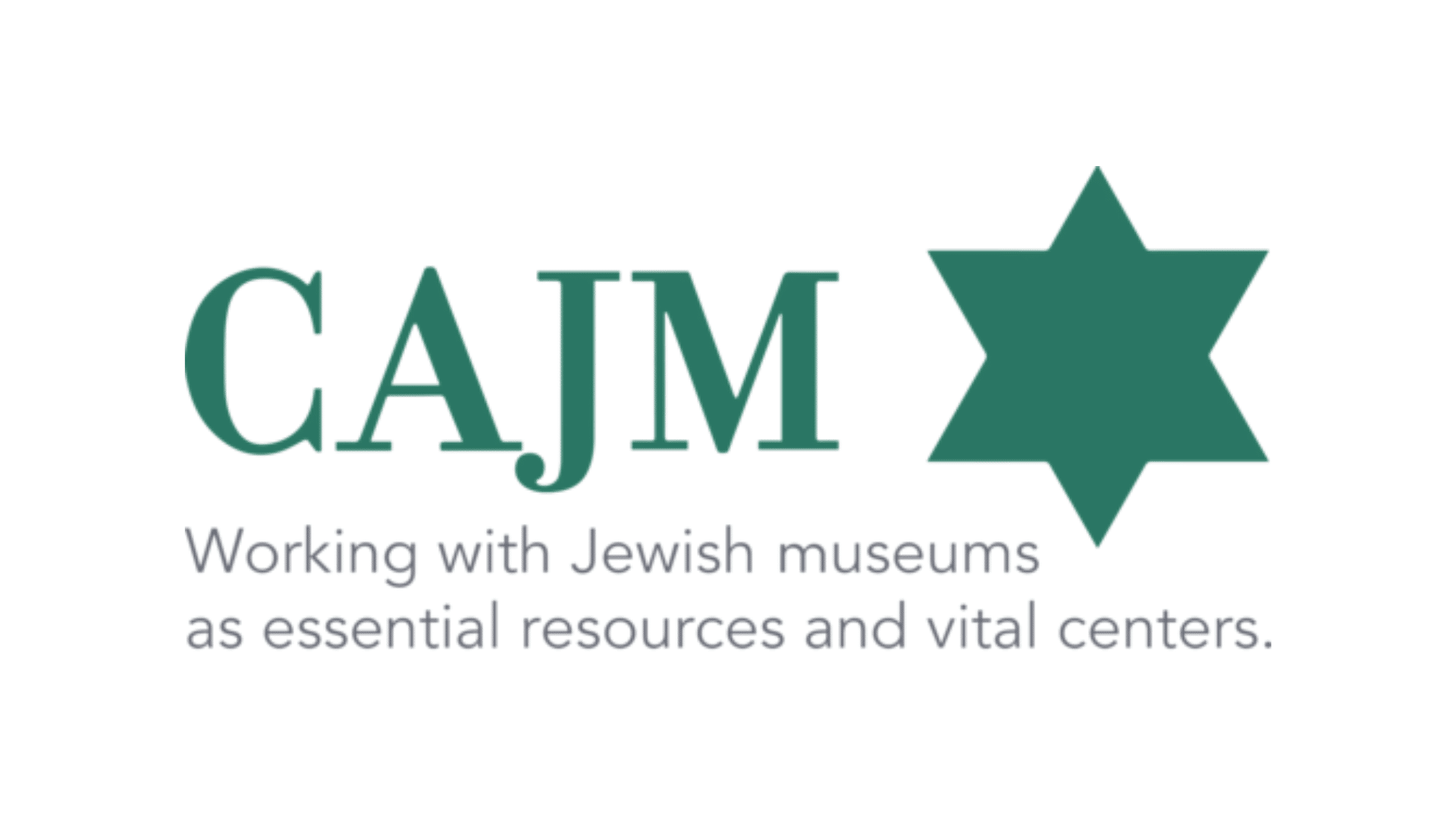 Related
Related
Our friends at CAJM are hosting their annual conference in Washington D.C. and Baltimore from May 14-16. You can find the conference program and purchase…
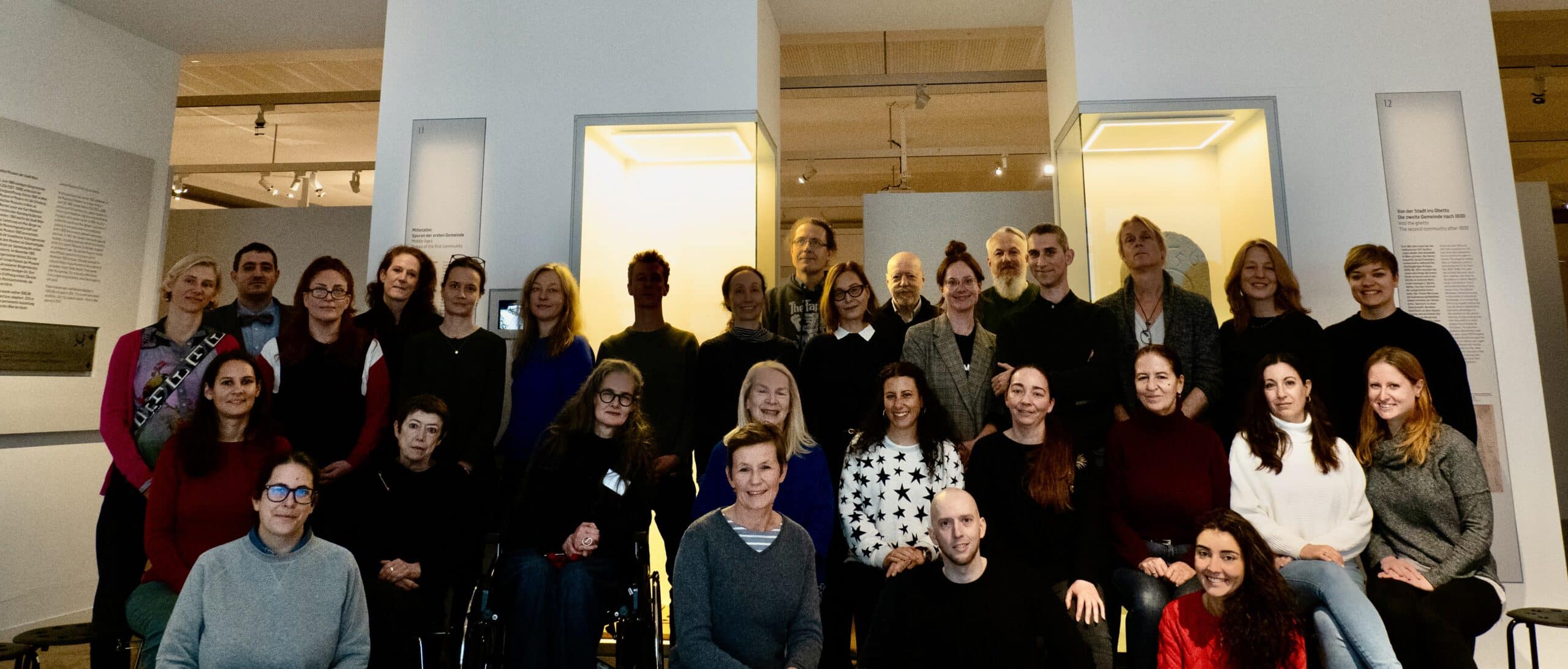
The AEJM Curatorial Education Program 2022 took place from November 14th until November 18th. Our home base was Vienna, and the…
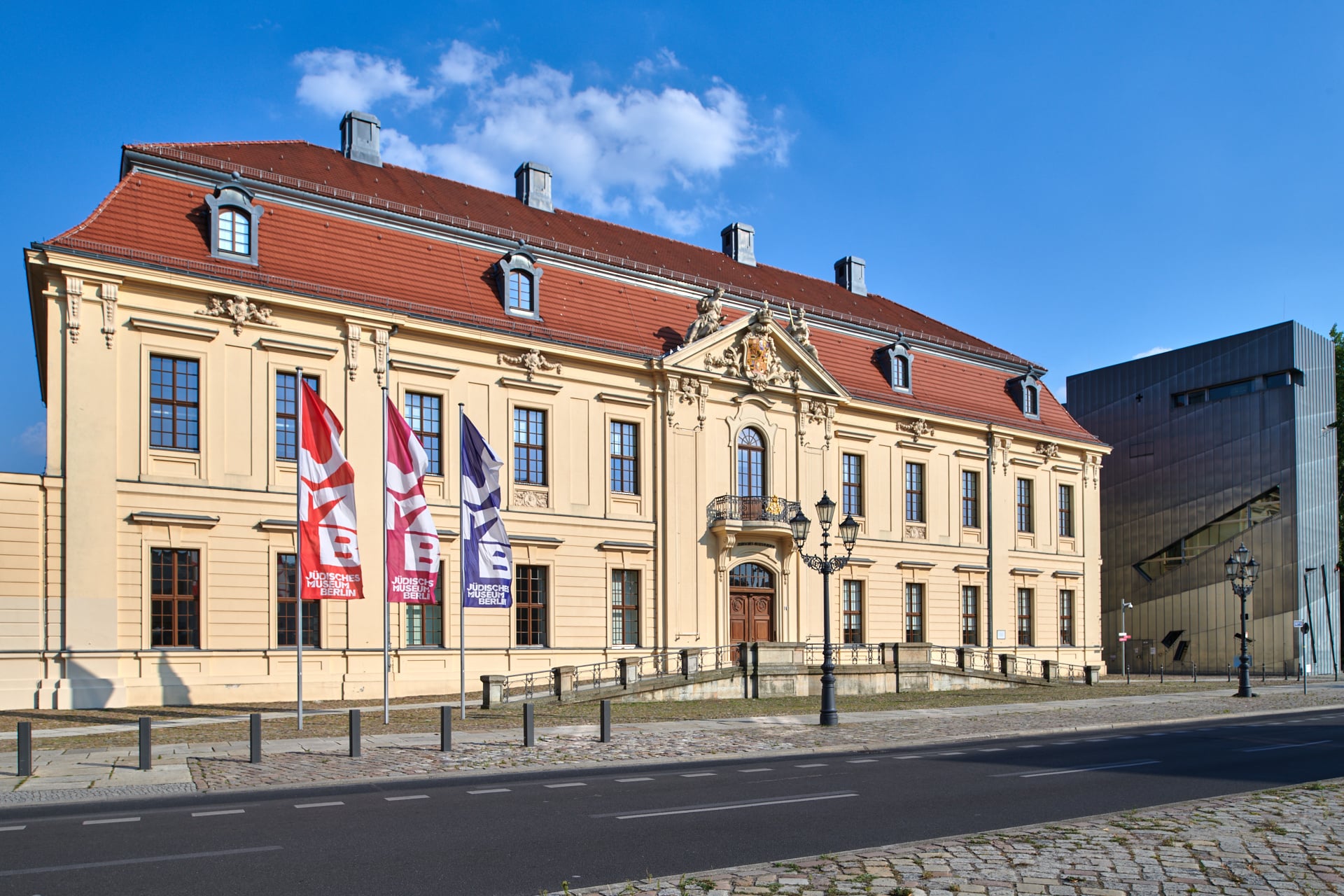
AEJM’s upcoming Annual Conference will take place in Berlin and is being hosted by the Jewish Museum Berlin. This year’s conference…
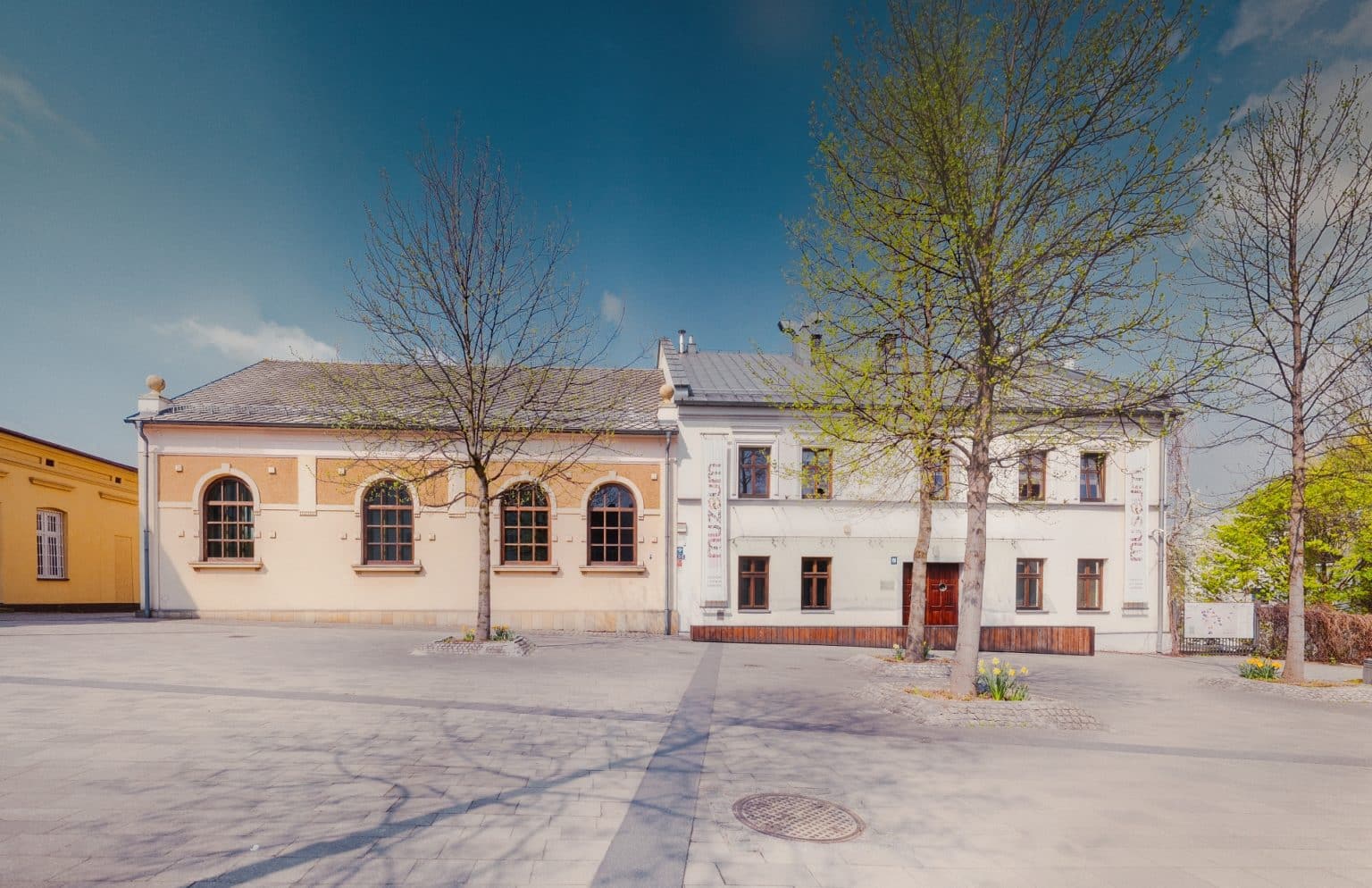
In this MEST Get to Know session, the educational team from the Oshpitzin Jewish Museum in Oświęcim (Poland) will present their…
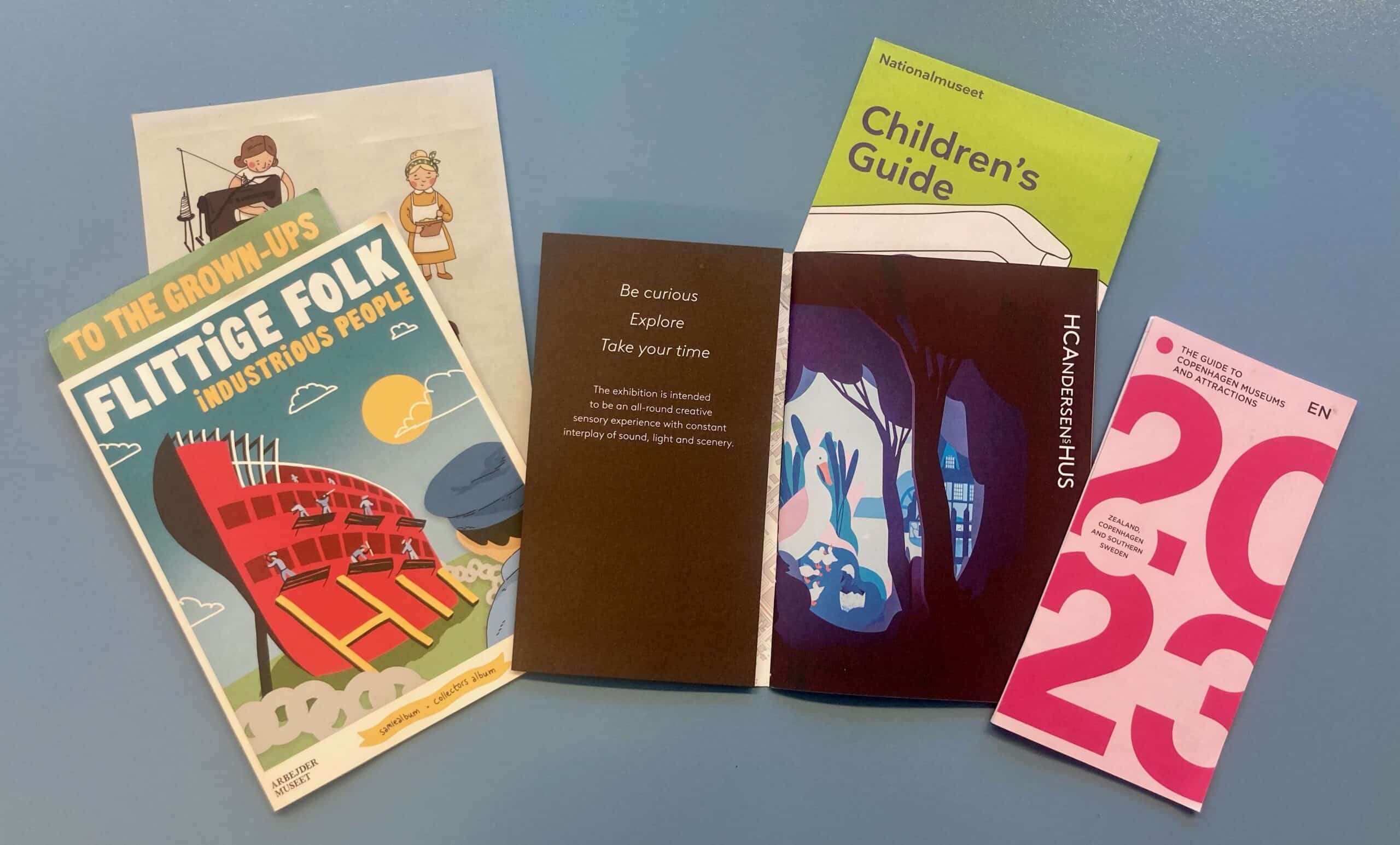 Upcoming Educational
Upcoming Educational
The AEJM MEST study visit for museum educators will take place from 12 until 14 June. Join an exciting 3-day program…